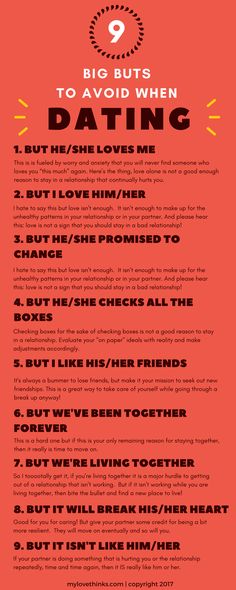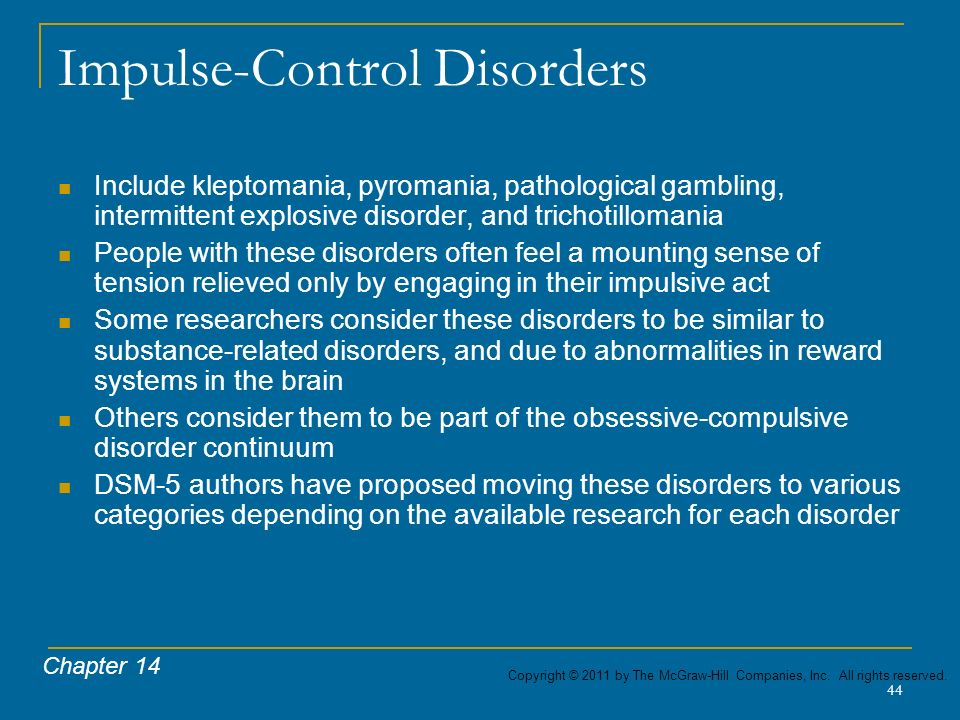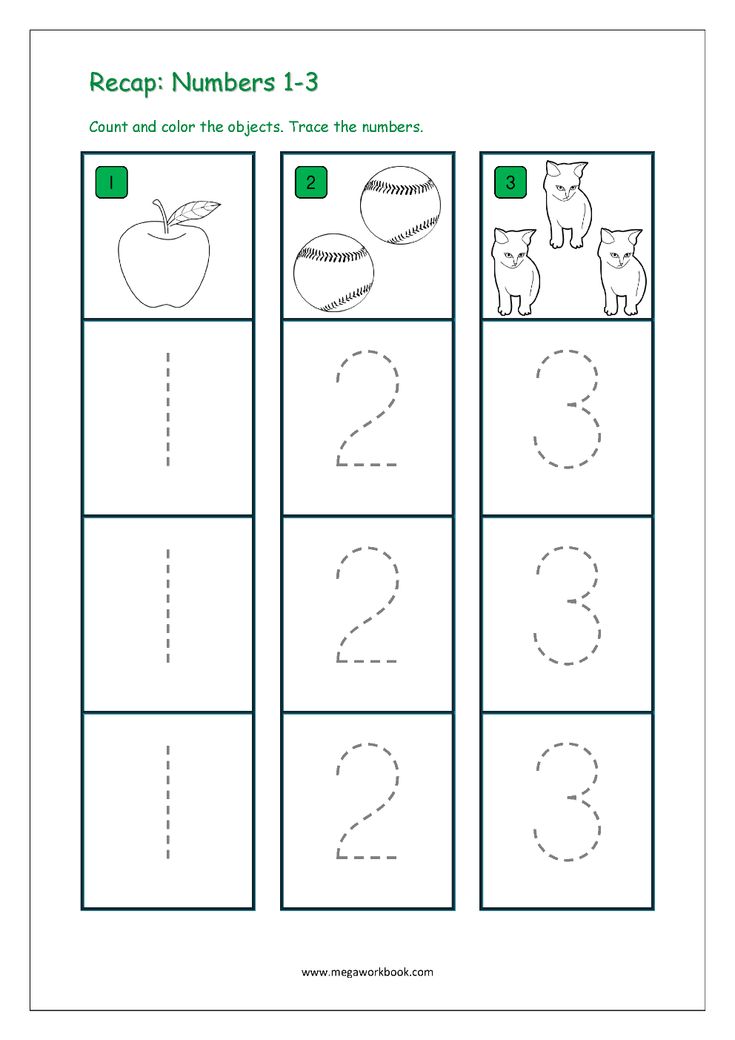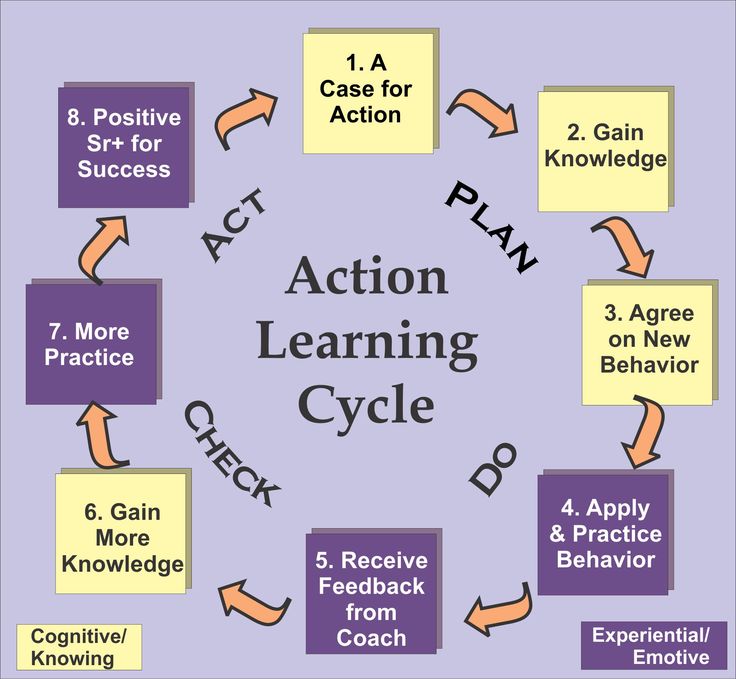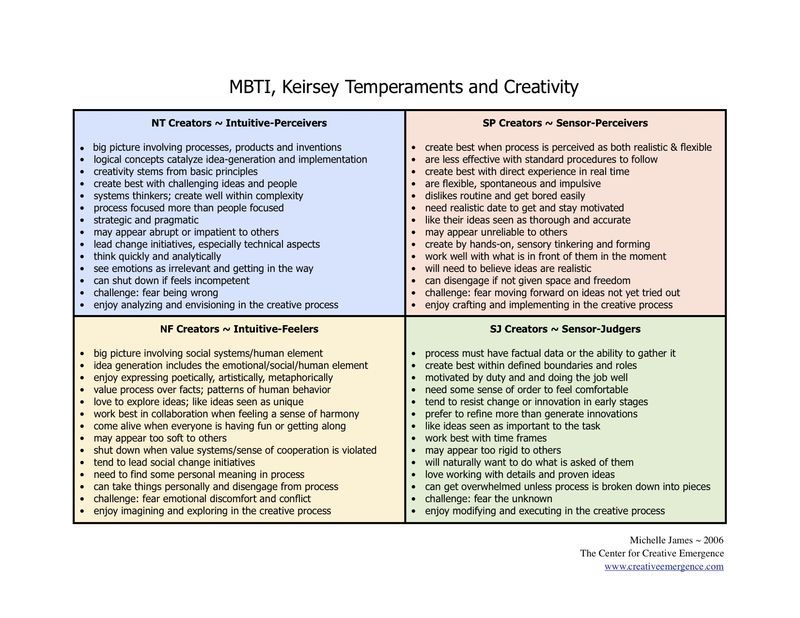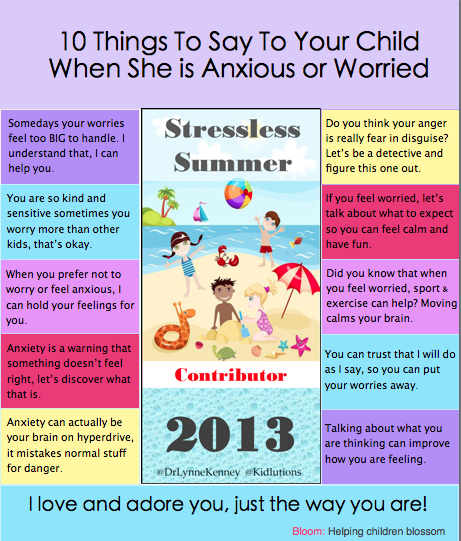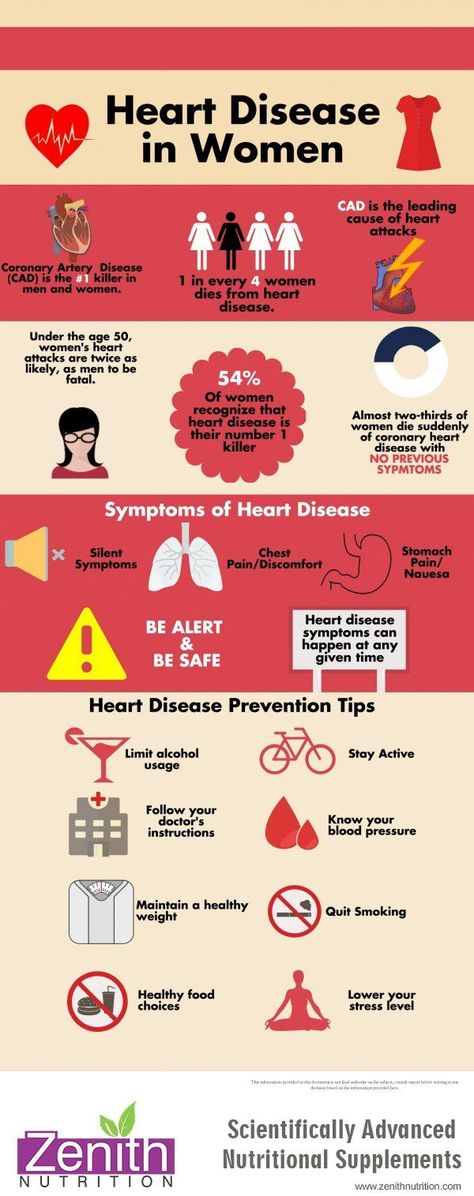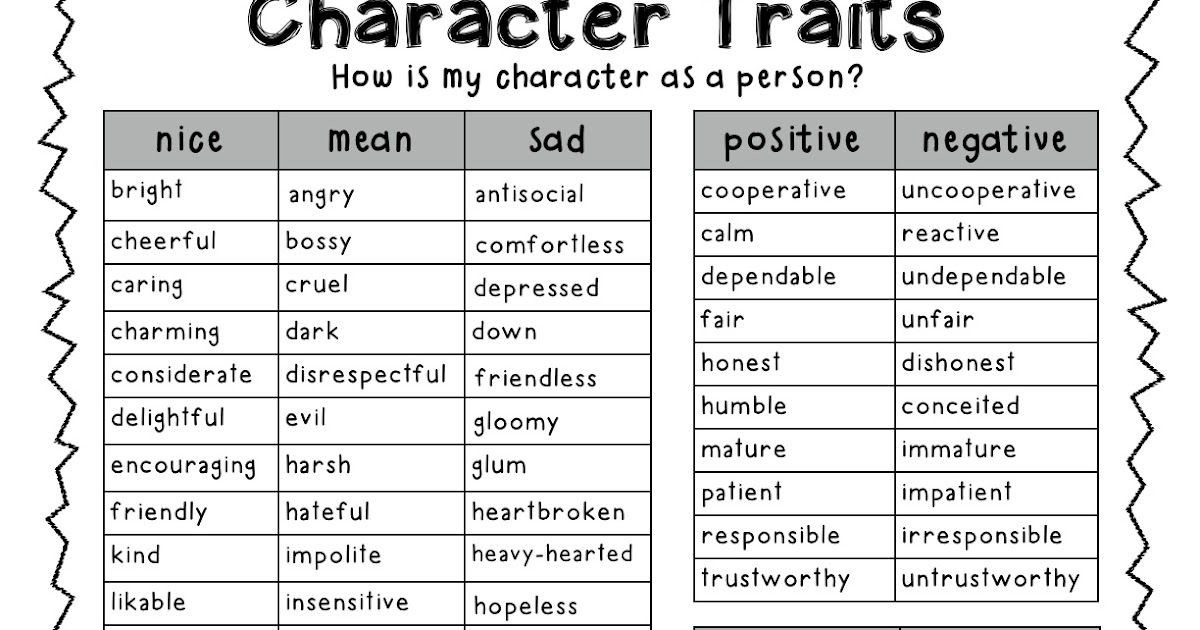Getting out of relationship
How to end your unhealthy relationship
The 30-something woman sat dejected in my office. She’d been involved with her boyfriend for eight years, but she expressed deep concerns about their relationship. She reported he was often angry, that he accused her of being unfaithful and that he frequently drank too much beer. She had often thought about ending the relationship. Yet she was reluctant to call it quits.
This woman was involved in an unhealthy relationship, a union that is detrimental to one or both of the parties. Relationships can be unhealthy for numerous reasons, including substance abuse, lack of commitment, mental illness, incompatibility, chronic arguing and physical or emotional abuse.
Unfortunately, unmarried people are often reluctant to end these dysfunctional partnerships. They may feel they’ve invested too much time in the relationship or that they won’t be able to find someone new. Some acknowledge still loving their partners in spite of their unacceptable actions.
What these folks fail to realize is that dating relationships shouldn’t be filled with angst and trauma. They should be relatively stress-free. They haven’t had to face the complications of a long-term marriage, such as having children, funding an IRA or surviving a health crisis. Instead, they’re a kind of test drive to determine whether a match should be continued or deep-sixed.
No relationship is perfect. Two people always have issues to iron out. Still, those differences shouldn’t be so serious that the emotional health of the participants is at risk.
It’s also important to differentiate what is acceptable before and after marriage. Before a couple says, “I do,” the members have the option to stay or leave. They can dissolve the union relatively easily if they don’t like what’s going on. Once they walk down the aisle, however, the rules drastically change. Partners must be willing to overlook the others’ annoying characteristics and do their best to make things work. The escape hatch narrows even further when children arrive on the scene.
The escape hatch narrows even further when children arrive on the scene.
Ending a relationship is never easy. No one likes to break up. Still, unhealthy relationships should end as quickly as possible so that you can get on with your life.
Not sure whether your relationship is unhealthy? Ask yourself the following questions:
Do I have serious concerns about this relationship?
Do my partner and I repeatedly break up and get back together?
Do family and friends express concerns about our relationship?
Have my partner or I had chronic difficulties committing to this relationship?
Do my partner and I argue a lot?
Do I feel the need to defend my partner to others?
Has there been an incidence of physical abuse?
Am I concerned about my partner’s alcohol or drug use?
Do I have a hard time trusting my partner?
Do I fear for my safety?
Is my partner unnecessarily suspicious about me?
Do I dislike my partner’s friends?
Does my partner have problems controlling his or her anger?
If you answered yes to even one of these questions, your relationship is unhealthy.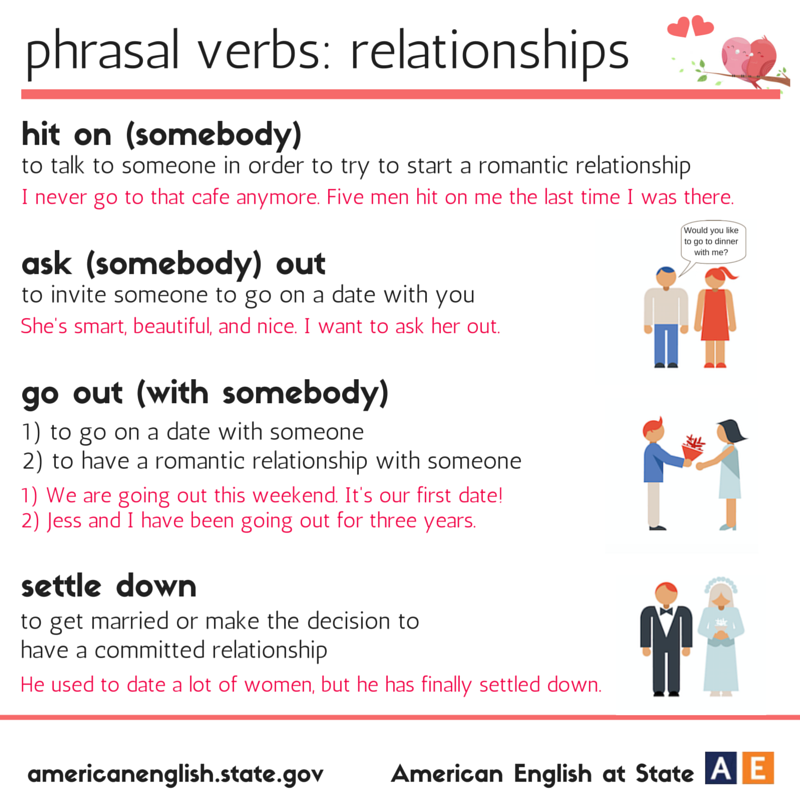 Take action now to avoid further pain and get yourself headed in a better direction.
Take action now to avoid further pain and get yourself headed in a better direction.
TRY THESE TIPS FOR GETTING OUT IF YOU’RE STUCK IN AN UNHEALTHY RELATIONSHIP
Make a commitment. Decide once and for all you’re going to end it. The process won’t be easy. Your conviction will carry you through.
Enlist support from family and friends. Let others know of your impending breakup. Figure out how they can help. Perhaps you’ll need assistance moving. You may need cheering up when you’re blue. Create your safety net before you actually need it. They’ll want to be there for you.
Make a clean break. Don’t drag things out. Attempting to end things in little steps only prolongs the process.
Don’t try to be friends. You probably won’t have a pleasant relationship following the breakup. There will be anger and hurt feelings that need to heal. Once the emotional dust has settled, you may be able to be pleasant. But that isn’t your immediate goal.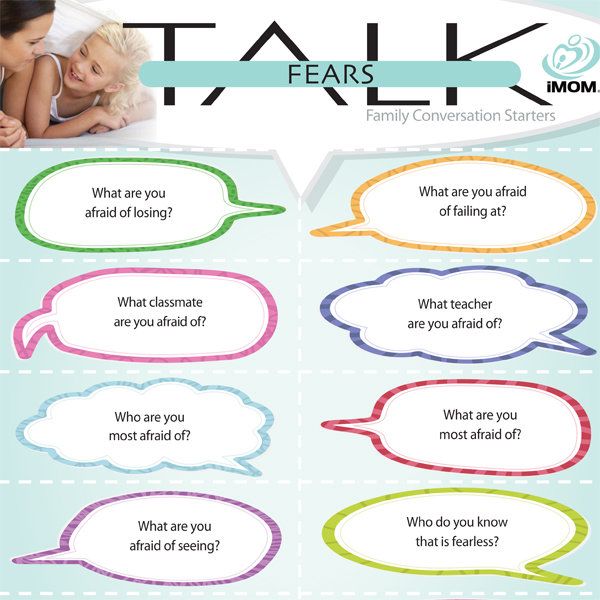
Don’t feel you need to rescue your partner. The breakup will undoubtedly cause pain for your partner. You can’t prevent that from happening. You’re not responsible for his or her emotions.
Fill the void. You’ll have lots of time on your hands following the breakup. Think of positive ways to spend it. Take a class. Do volunteer work. Join a gym. Redecorate your kitchen. You’ll meet new folks and feel good about yourself.
This story was originally published April 23, 2013 5:25 AM.
How to Leave a Toxic Relationship, According to a Psychologist
No one ever sets out to be in an unhealthy relationship. We all strive for a version of happily ever after, where our needs and those of our partner are met in a shared life we build together. But, for whatever reason, sometimes that doesn't happen. Instead, what we thought was promising turns out to be toxic.
"A toxic relationship is one that adversely impacts a person's health and well-being," says Dr. Kelly Campbell, an associate professor of psychology and human development at California State University, San Bernardino. "Because we spend so much of our time and energy on a romantic partner, these relationships are especially influential on our well-being. When they are going well, we are usually doing well. But when they are not going well, our health and happiness will likely be negatively affected."
Kelly Campbell, an associate professor of psychology and human development at California State University, San Bernardino. "Because we spend so much of our time and energy on a romantic partner, these relationships are especially influential on our well-being. When they are going well, we are usually doing well. But when they are not going well, our health and happiness will likely be negatively affected."
Meet the Expert
Dr. Kelly Campbell teaches courses on intimate relationships, personality, parenting, human development, race, and racism. Dr. Campbell also hosts a call-in radio show called “Let’s Talk Relationships“ and serves as the associate director for the Institute for Child Development and Family Relations.
From the outside, it may seem like a toxic relationship is easy to spot. But things get more complicated from the inside since toxicity can often be wrapped up in flashes of romance. If that's the case—and you suspect you're in a toxic relationship—we know it's tough.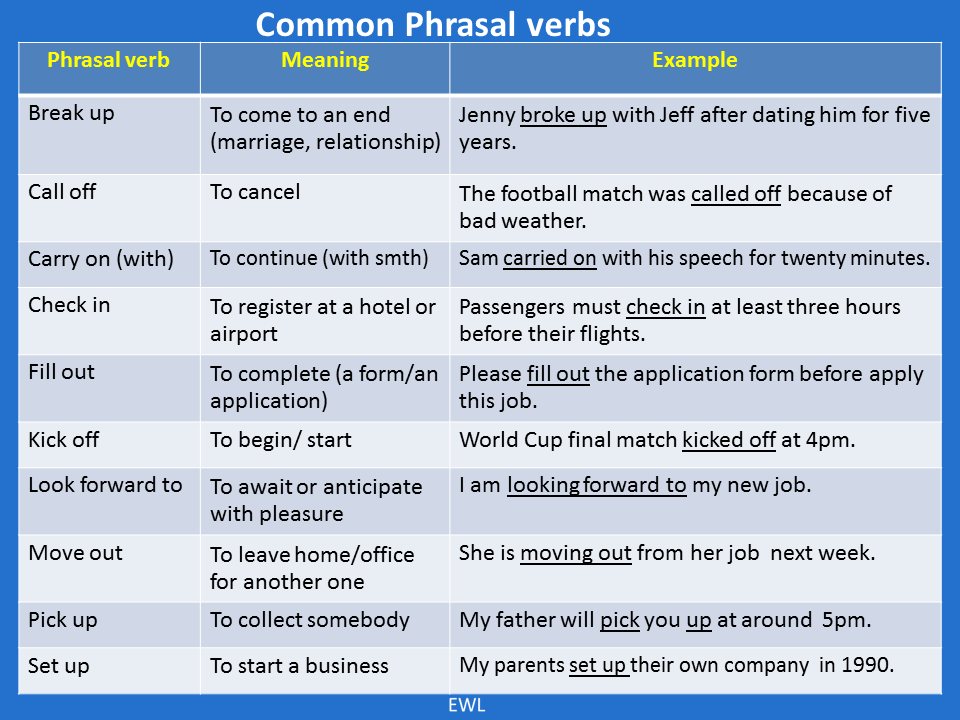 But it may be time to make some healthy adjustments.
But it may be time to make some healthy adjustments.
Below, Campbell delves into the signs of a toxic relationship and how to leave one when those troublesome signs appear. Read on to get her insights so that you can do what's right for you.
Red Flags
Campbell notes that the term "toxic" may be open to some interpretation. "People can vary in terms of what they consider toxic: What is toxic to one person might be perceived as normal for another," she says. "As such, the defining features can be somewhat subjective." That's why it's important to look at each relationship for its specific traits as much as possible. "From a researcher's standpoint, there are numerous factors to consider, including communication style, conflict resolution style, dependency level, and degree of reciprocity," she continues.
Nevertheless, there are still universal lines your partner should never cross. These are five red flags to keep in mind.
You feel like you're walking on eggshells.

"The person you are with is unpredictable and could get upset at the drop of a hat," Campbell says. "So, you constantly monitor what you say, how you say it, and when you say it to avoid rocking the boat."
You are investing a lot in terms of time, emotions, and money, and getting little in return.
"Healthy relationships should not be one-sided," she continues. "Although sometimes people carry the burden for a period of time, such as when a partner is ill, this should not be something that continues indefinitely."
If you notice that your partner is jealous, competitive, and generally unhappy when you are doing well, then that's a huge red flag.
Your partner holds you back.
"In a healthy relationship, partners celebrate each other's successes and mold each other into their ideal selves—which is a concept known as the Michelangelo phenomenon," Campbell explains. "If you notice that your partner is jealous, competitive, and generally unhappy when you are doing well, then that's a huge red flag. "
"
You lack independence.
"If your partner needs to know where you are at all times, calls or texts constantly while you are apart, goes through your phone or computer, manages and restricts your finances, or engages in other obsessive and controlling behaviors, the relationship is likely toxic," she says.
Your sense of self-worth has dramatically declined since beginning the relationship.
"If this is the case, then you should examine the extent to which your partner has contributed to that outcome," Campbell notes. "Do they put you down, criticize you, judge you, disrespect you, or ignore you?"
Next Steps
"If someone finds themselves in a toxic relationship, they should get the help required to change it or get out of it," Campbell says. It's important, she notes, to start creating a game plan. Depending on the level of seriousness, this can mean confiding in friends and family for advice or seeking a therapist. "A good therapist can help you cope, restore your sense of self-worth, and address safety concerns," Campbell continues. "So, if you have access to therapy, it is highly recommended you get professional help."
"So, if you have access to therapy, it is highly recommended you get professional help."
If the problem is more involved, Campbell recommends the above, as well as saving money to move out, keeping accurate records of abusive behavior, and obtaining a restraining order. "If you have asked your partner to leave you alone and not contact you, but they continue to call or show up unexpectedly, you have grounds for a restraining order," she says. Keep these five options in mind when you're ready to make changes.
Talk to your partner about what is bothering you.
"If they are willing to see a therapist, then go to counseling together," she says. "However, if you get the necessary help and find the same patterns being repeated over and over again, you should consider ending the relationship."
Tell trusted family members and friends about the situation, including that you plan to leave.
"You may need a place to stay when you end the relationship, and people in your social network could help provide that stepping stone," Campbell continues.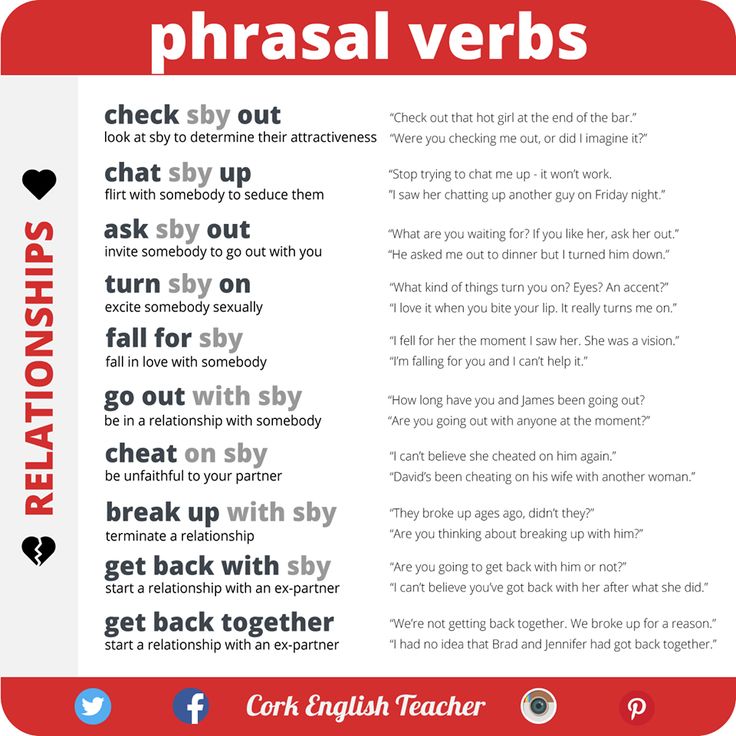 "At the very least, they can offer social and emotional support."
"At the very least, they can offer social and emotional support."
Work on your self-esteem.
"Engage in activities that you value, including exercise and time with loved ones," she notes. "These activities will boost your self-esteem."
Save money.
"Try to put away as much money as possible to prepare for the eventual end of the relationship," Campbell suggests. If your partner has been violent and/or has threatened you, keep records of every instance and consider getting a restraining order against them. "Restraining orders give officers the right to search the person if the order is violated, which is important for keeping the targeted person safe," she says.
Moving On
After you've left a toxic relationship, Campbell recommends reinforcing boundaries and putting your happiness first. It's also important to remember that this relationship does not define you and that you can build a future where a healthy relationship is possible. These four tips from Campbell can get you started.
These four tips from Campbell can get you started.
Cut off communication with the toxic person.
"Continuous exchanges can prolong the healing process," she says. "Sometimes it is impossible to cut off all communication, such as when children are involved. In those cases, keep the communication direct and minimal—discuss what you must and nothing more. After some time has passed, if both people heal and change their ways, a friendship may be possible. But right after a breakup, don't try to be friends, and definitely don't engage in any flirting or sexual activity with the person."
Take the time you need to heal.
"Spend time with people who love you and who build you up rather than tear you down," Campbell advises. "You can also spend time with animals since they provide a good model of unconditional love and help alleviate loneliness. They can also get you out into nature and interacting with others."
Pick up some hobbies that you either used to enjoy or have always wanted to try.
"Hobbies not only boost self-esteem, but they provide a good place to meet new partners when the time is right," she notes.
Work on yourself before getting into another relationship.
"With toxic relationships, a person often loses themself," she continues. "It can take time to get in touch with who they are and to heal from the damage caused by the relationship."
The Difference Between Being in Love and Loving Someone, According to Experts
How to get out of a sick relationship? Psychologists advise
What is a co-dependent relationship? Why not try to change your partner and fight his bad habits? Mikhail Labkovsky, Berendt Greg and Nastya Butenko - about why you need to run away from a sick relationship and how to do it.
Likbez
Unhealthy relationships in psychology are called codependency. In Kondakov's illustrated dictionary, this concept means an abnormally, affectively colored dependence of one person on another.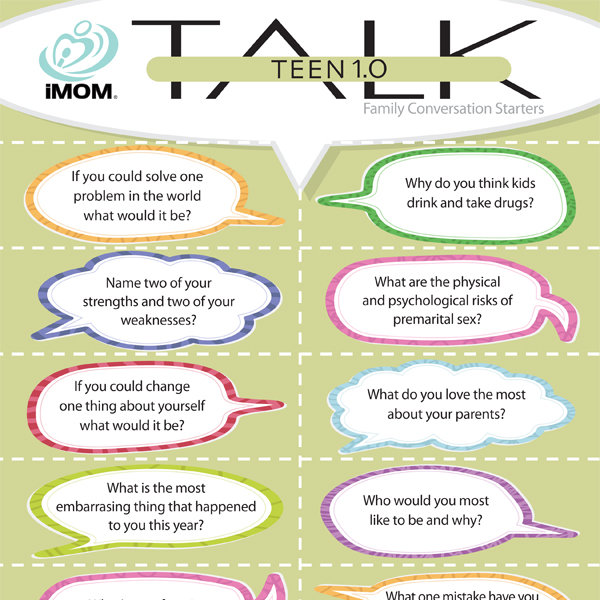 If someone's life becomes the "center of the universe", your mood and well-being depend on it - this is the first marker. The second sign of codependency is a constant feeling of guilt. The third is a constant desire to save a partner. nine0003
If someone's life becomes the "center of the universe", your mood and well-being depend on it - this is the first marker. The second sign of codependency is a constant feeling of guilt. The third is a constant desire to save a partner. nine0003
The cause of codependency is low self-esteem, lack of concentration on one's own "I" and the idea of unconditional love.
In social psychology there is a concept - "Karpman's Triangle". According to this theory, codependent people can play several roles: savior, persecutor, and victim. At the same time, they can change them periodically depending on the situation.
The well-known psychologist Mikhail Labkovsky calls a similar model of relations neurotic. He gives this concept a simple and understandable explanation. If you do not get pleasure and joy from communicating with a partner, we are talking about a sick relationship. nine0003
Read here why you can't build a serious relationship.
The psychologist is sure that the root of the problem must be sought in early childhood.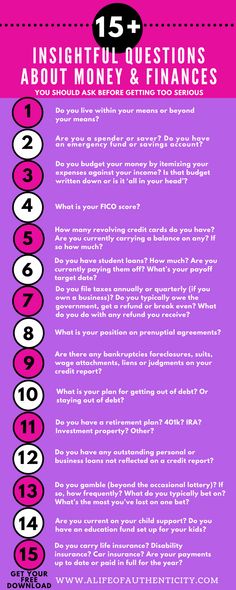 If, for example, a child grew up in a family where talking in a raised voice and assault is the absolute norm, he develops a concept: love is impossible without pain and suffering. When the baby grows up, he will subconsciously look for a partner who can provide it for him.
If, for example, a child grew up in a family where talking in a raised voice and assault is the absolute norm, he develops a concept: love is impossible without pain and suffering. When the baby grows up, he will subconsciously look for a partner who can provide it for him.
Labkovsky is convinced that neurotic relationships prevent a person from enjoying life! And this is a real tragedy. nine0003
BeautyHack expert psychologist Nastya Butenko shares this point of view, believing that codependency is a direct path to the loss of one's own “I”: “I will cook dinner, he will be happy. I will put on beautiful underwear to please him. I will clean the apartment, even if I don’t have the strength to do so.”
The problem is that a man entering into such a relationship, as a rule, comes from the same family where there was an unhealthy psychological atmosphere. And here the most interesting begins. The man and woman begin to reverse roles. She then saves him. He is the victim and she is the persecutor. It is unbearably difficult for both of them in such a relationship. But they cannot refuse them either. A couple in a circle torments each other, acting in different roles. nine0003
It is unbearably difficult for both of them in such a relationship. But they cannot refuse them either. A couple in a circle torments each other, acting in different roles. nine0003
How to get out of a sick relationship?
It is quite difficult to get rid of codependency. As a rule, we are talking about the study of family scenarios and scenarios of previous relationships.
Nastya Butenko. Psychologist
C Tip #1: Understand that you have your own life
You should have hobbies that have nothing to do with a man - something that brings pleasure without a partner. Find a hobby or activity that you enjoy doing and no one else. nine0003
C Advice #2: Therapy
When a person knows that he is codependent, but continues the relationship with his partner, there is only one way out - therapy. First you need to understand whether we are really talking about codependency. If so, only a specialist will help. Even if you find interests on your own and abandon the relationship that you have now, you will then enter into them again. Go to a psychologist who works with codependency and don't even think about it.
If so, only a specialist will help. Even if you find interests on your own and abandon the relationship that you have now, you will then enter into them again. Go to a psychologist who works with codependency and don't even think about it.
Mikhail Labkovsky. Psychologist
Tip #3: Do what you want
But first, admit to yourself that you are neurotic. When you are faced with a choice, there should be only one motivation - your own interests. You don't have to eat borscht if you like chicken broth. Make a choice consciously, without fear of consequences.
Tip #4: Always say what you like
“Why are you doing this to me?”, “You are a fool” and other similar phrases should be forgotten. Start any dialogue with the phrase "I don't like it because." Always talk about your feelings without complaining or insulting your partner. nine0003
Tip #5: Make a deal with yourself
There is one easy way to get out of a sick relationship - to want! Addiction is not a disease.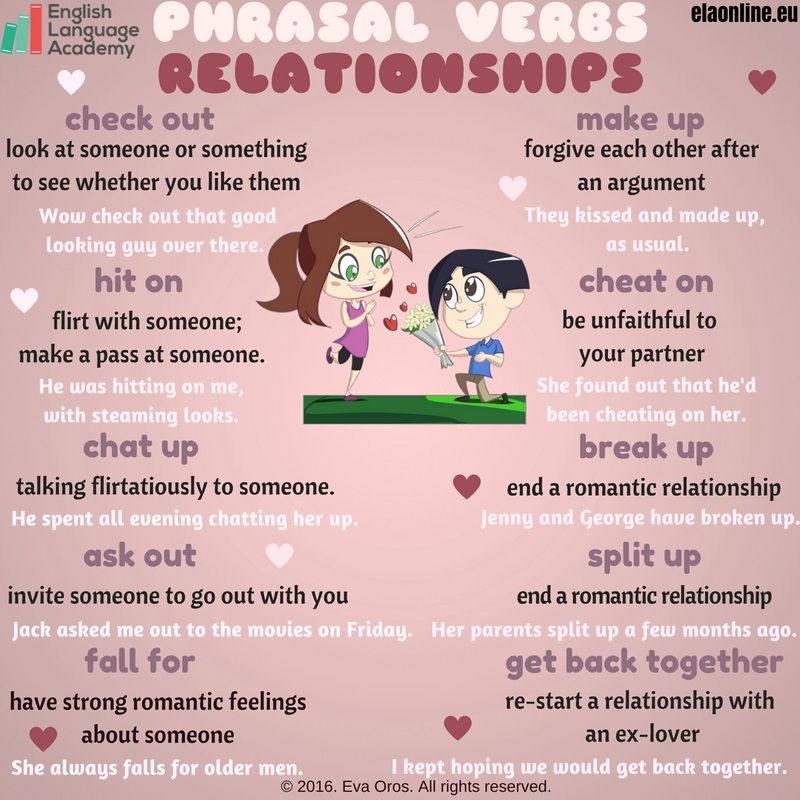 You may well agree with yourself by setting boundaries that cannot be crossed. How to understand that the relationship has exhausted itself, see the link.
You may well agree with yourself by setting boundaries that cannot be crossed. How to understand that the relationship has exhausted itself, see the link.
Tip #6: decide if you need to get out of a sick relationship
People never give up what they love. If you live in regular scandals, then this is for something. Just understand: this is not love, but a problem that needs to be solved. There is no point in fighting what you like. nine0003
Berendt Greg. Author of Promise Doesn't Mean Marriage, or He Just Doesn't Like You This is a common truth for a psychologically healthy person. Your partner is not busy, has not flown to the moon, has not lost his mobile. He does not want! Do not waste your precious time on a person with whom you have different goals.
Tip #8: Learn to See the Negatives
We are taught from childhood to see only the good in every situation. But the drinking spouse is not a story to be taken as a lesson. Accept that your case is the rule, not the exception, and move on with your head held high.
Tip #9: Understand that one act is followed by another
One act is followed by a series of others. And they will disappoint no less. Do you want to be upset for the rest of your life? If not, take action. nine0003
Tip #10: Don't make excuses for your other half
It takes too much of your time and effort. Yes, parting with a person whose last name you have already managed to try on is not easy. But imagine without illusions what awaits you if you stay. Yes, at first after a breakup, you will feel pain - this is normal. But after it there will come a period of bliss and self-development.
Rule #11: Review your requirements
Promise yourself that you will never meet a person who does not respect you, does not invite you on dates, does not make joint plans with you, or abuses drugs or alcohol. And keep the promises you make to yourself.
How to get out of a relationship in order to maintain the will to live and optimism - Psychology
Relationships
Psychologist, author and host of more than 20 programs and trainings Yulia Romanenko - about 5 stages that we live through when parting
Yulia Romanenko
March 4, 2020 11:33
How to get out of a relationship?
Photo: Unsplash.com
Today we will talk about one of the most painful topics. How to get out of a relationship without loss.
Divorce, parting is perceived by us as a loss. But is it a loss in each specific case? No situation in breakup counseling has ever happened unexpectedly.
Many couples say that they already felt something was wrong. And there was sadness. Happiness has long flowed into the sand. The lightness is gone. And there were disappointments, quarrels, resentments, thoughts that we should leave. We are slowly painting our relationship in dark colors.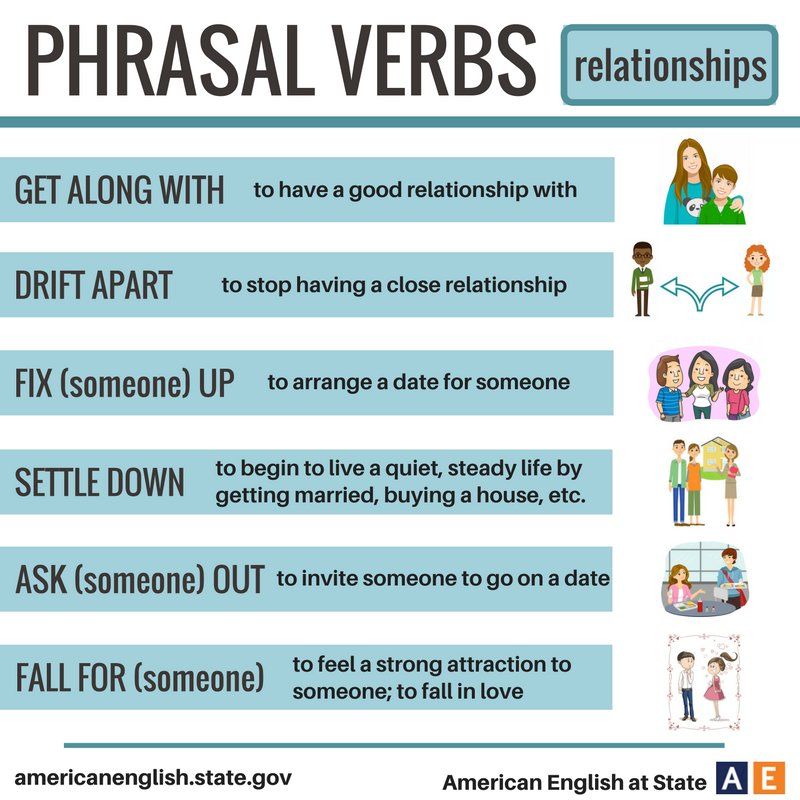 Unconsciously we strive for the end, sometimes we lose options for parting ...
Unconsciously we strive for the end, sometimes we lose options for parting ...
On the other hand, we are never ready to break up. We either take a long time to decide to say goodbye, or we are not ready to hear this word. But now the hour has come. And we live it only as loss, grief.
Yulia Romanenko
Photo: materials of the press services
In parting, as in any grief or loss, we go through 5 stages. In most cases, we lose a lot of energy, emotions and time to live this moment. And in this, men and women are not much different. nine0003
Stage 1. Negative. No, he/she will change his mind! Fortune tellers, astrologers, practitioners (not always honest).
Stage 2 . Anger. L hate you! You brought me so much pain.
Stage 3. Trade. Talking with friends about the problem, seeking support. “Tell me that I did everything right, am I good?” Trainings, seminars, books. Finding what will bring back a partner.
Stage 4. Depression. Loss of strength and nothing interesting. I don't want to see anyone. Nothing helps. Everything is hopeless. nine0003
Stage 5. Acceptance. Nothing can be changed, but we must move on.
Only a few are able to live this chain fast enough. They are self-sufficient and reasonable. People with psychological problems and with a tendency to depend on other people's opinions, relationships, with problems in self-esteem live through the situation of a break or divorce much longer and more difficult.
What lesson can you learn from this relationship? nine0003
Step 1. Determine where you are. Try to consciously walk the rest of the way (on your own or with the help of a psychologist).
Step 2. Remember all the pleasant things that happened in this relationship. Not for clinging. And in order to lightly remember those days. It's all about you and your life!
Step 3. Realize that you have been able to build a relationship. So you can do it again and again. It's like with a million: I earned one, I'll earn another! nine0003
Realize that you have been able to build a relationship. So you can do it again and again. It's like with a million: I earned one, I'll earn another! nine0003
Step 4. Consider what you can learn from this relationship. Forget about the questions "For what?" and “Who is to blame?”. The main question "For what?"
Step 5. Answer the question: what opportunities open up for you in a situation of freedom? Don't miss the chance! Life always takes care of us. Remember the lesson from the fairy tale "Ryaba Hen": the gifts of fate must be treated differently than we are used to.
Step 6. Think about how you were before the relationship. Come back to yourself! Advice for girls. Reread the myths about the goddesses of Ancient Greece. Each of them got out of the relationship in one way: she returned to her island (read: to herself). There she was restored, revived and again entered a renewed relationship. nine0003
Subscribe to our channel in Yandex.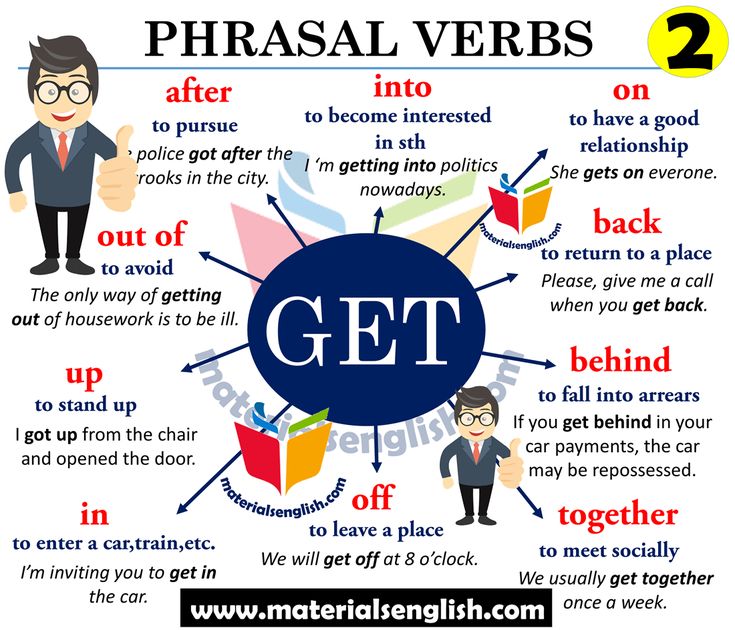 Zen
Zen
relationships, divorce, psychological advice, parting, expert opinion, relations between a man and a woman
Tatyana Navka: “The character of a person is his destiny” and traditions for the New Year
How to make a wedding film yourself
Useful life hacks from director Oksana Nechaeva
Do we really want to lose weight?
Psychologist Vera Afanasyeva - about seven reasons why the weight does not go away
Petrosyan’s young wife bared her impressive breasts in front of the public: “I’ve never done anything like this”
Tatyana Brukhunova has never shown herself in such a frank image before sea, beaches and all inclusive hotels. However, everyone who has been here remembers this place as one of the most amazing adventures
Pictures of the week: Daineko showed her new husband, Snigir came to the premiere without Tsyganov
The most interesting events from the world of show business are in the new exclusive video review of WomanHit.